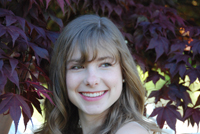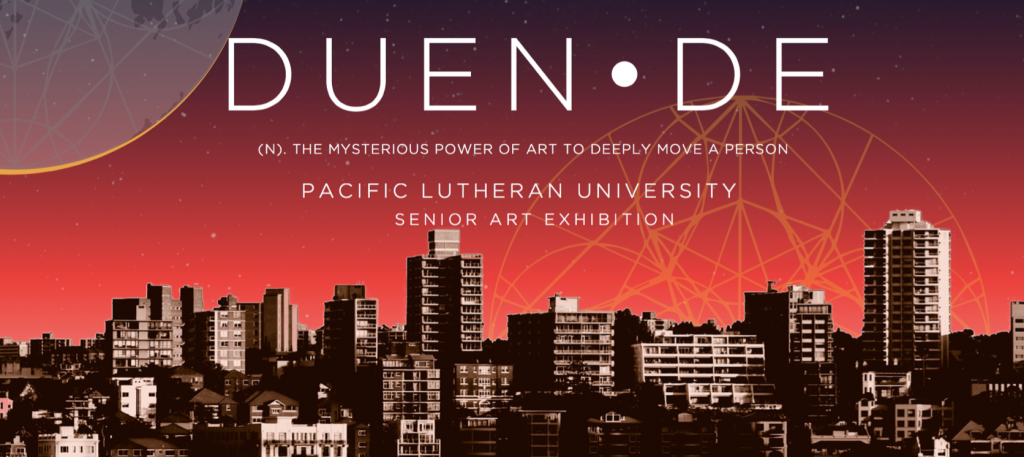Page 37 • (362 results in 0.016 seconds)
-

In their own words Compiled and edited by Chris Albert This spring, new PLU graduates closed a chapter in their lives and prepared to turn the next page. In the following, some Lutes shared their stories of why they came to PLU, what their experiences…
one day I might become a nurse educator. However, prior to further exploring the option of graduate studies I would like to gain experience working in the field. Kelsey Yonce – Bachelor of Arts in psychology, minor in sociology Why PLU? To be completely honest, I chose PLU because of its proximity to my high school boyfriend who was attending UPS. Like most high school relationships, that one didn’t last past graduation, so it’s definitely not a method I recommend for choosing a university! Kelsy
-

The Spanish word, Duende (du-end-ay), has come to refer to the mysterious power that art has to deeply move a person. Soon-to-be graduates in the Department of Art and Design chose this word to rally around for their senior exhibition in the University Gallery, opening…
during high school that should have been titled “The Briefest Intro to Art Ever”), I fell in love with ceramic arts while taking a class at Highline College to fulfill graduation requirements. Working as a ceramic artist wasn’t on my radar at the time (I was pursuing a career in forensic anthropology with an emphasis on facial reconstruction), but a couple missteps in planning my classes placed me on my current path. After transferring to Pacific Lutheran University, I jumped feet first into working
Do you have any feedback for us? If so, feel free to use our Feedback Form.


